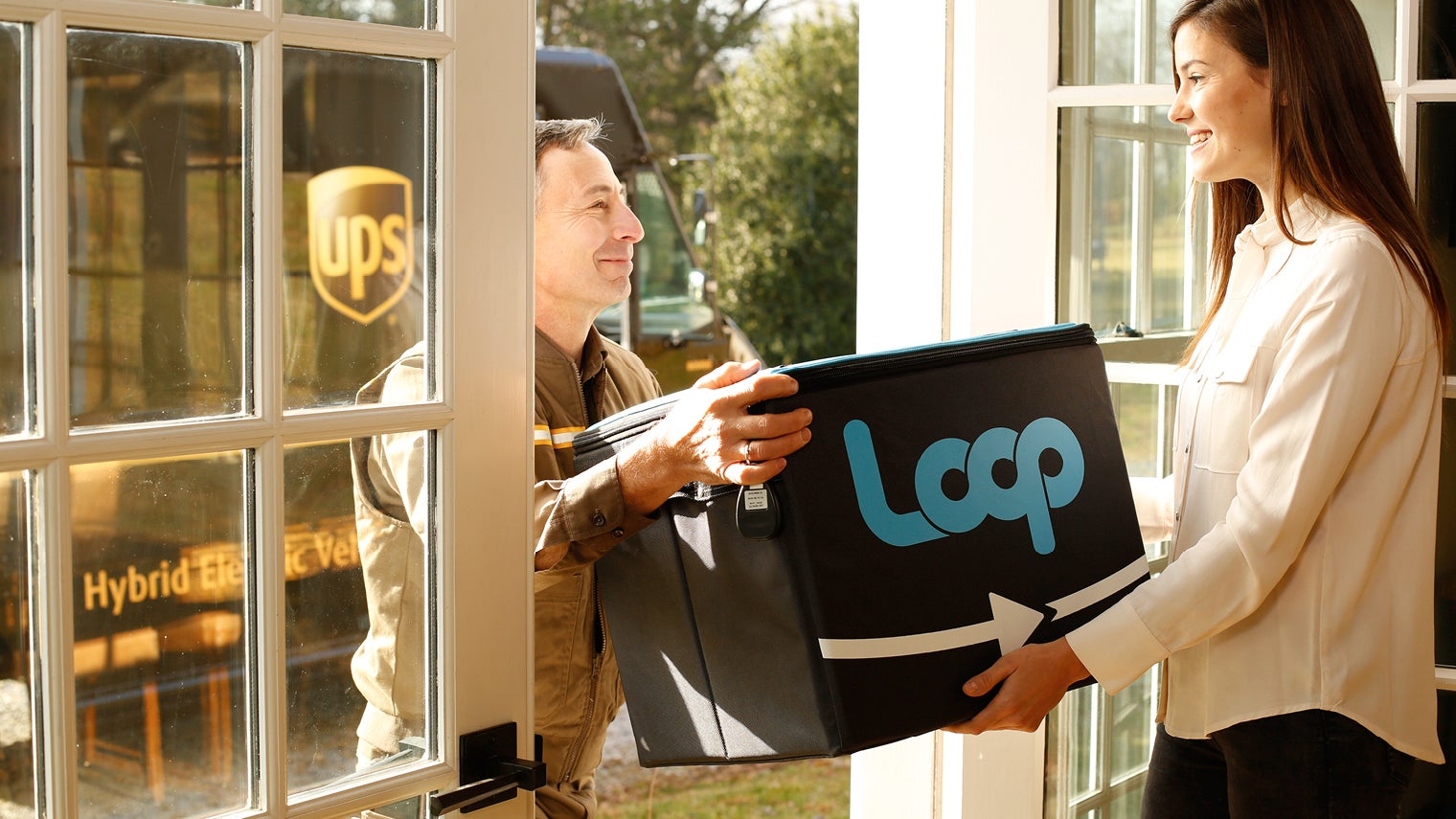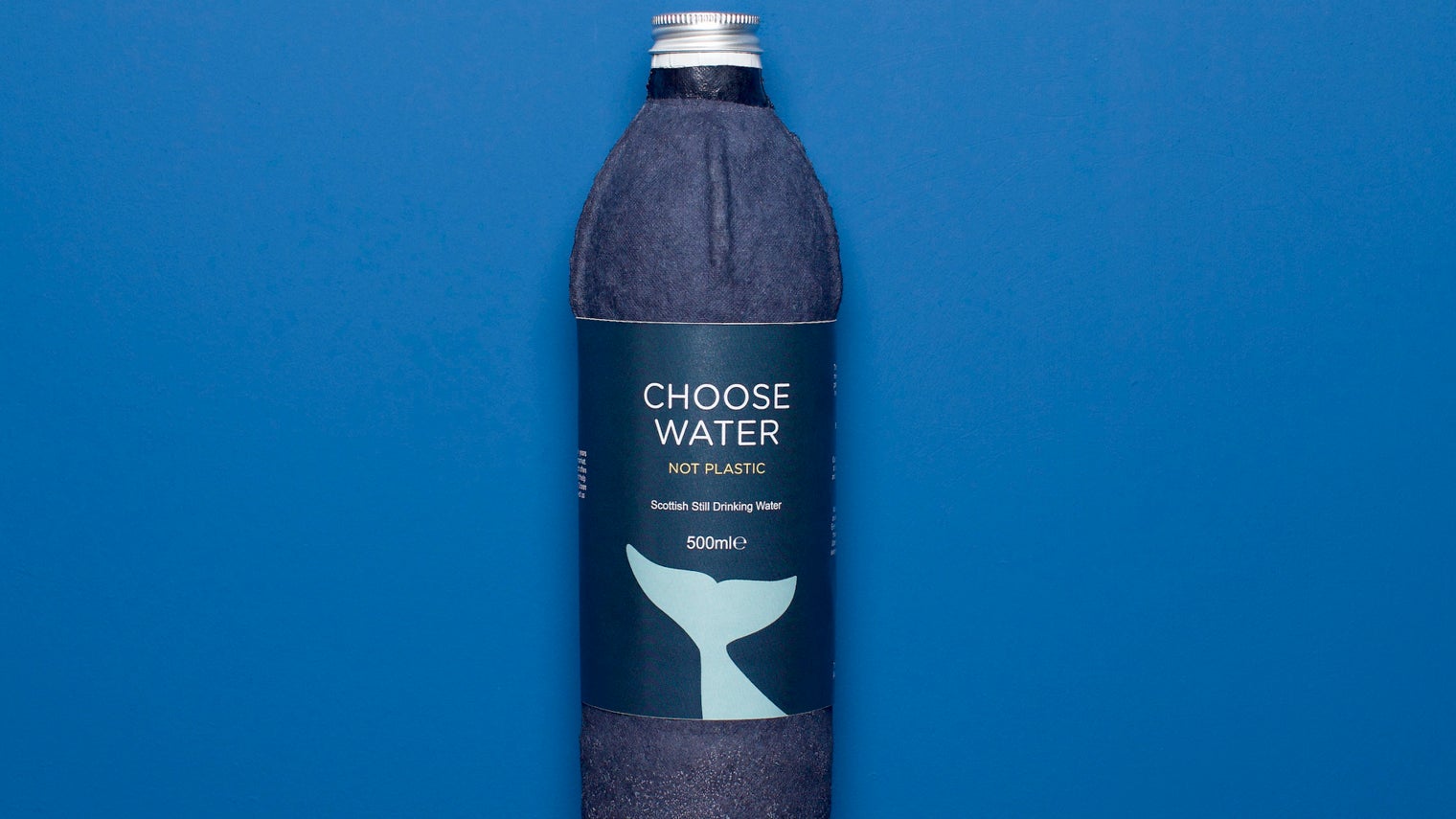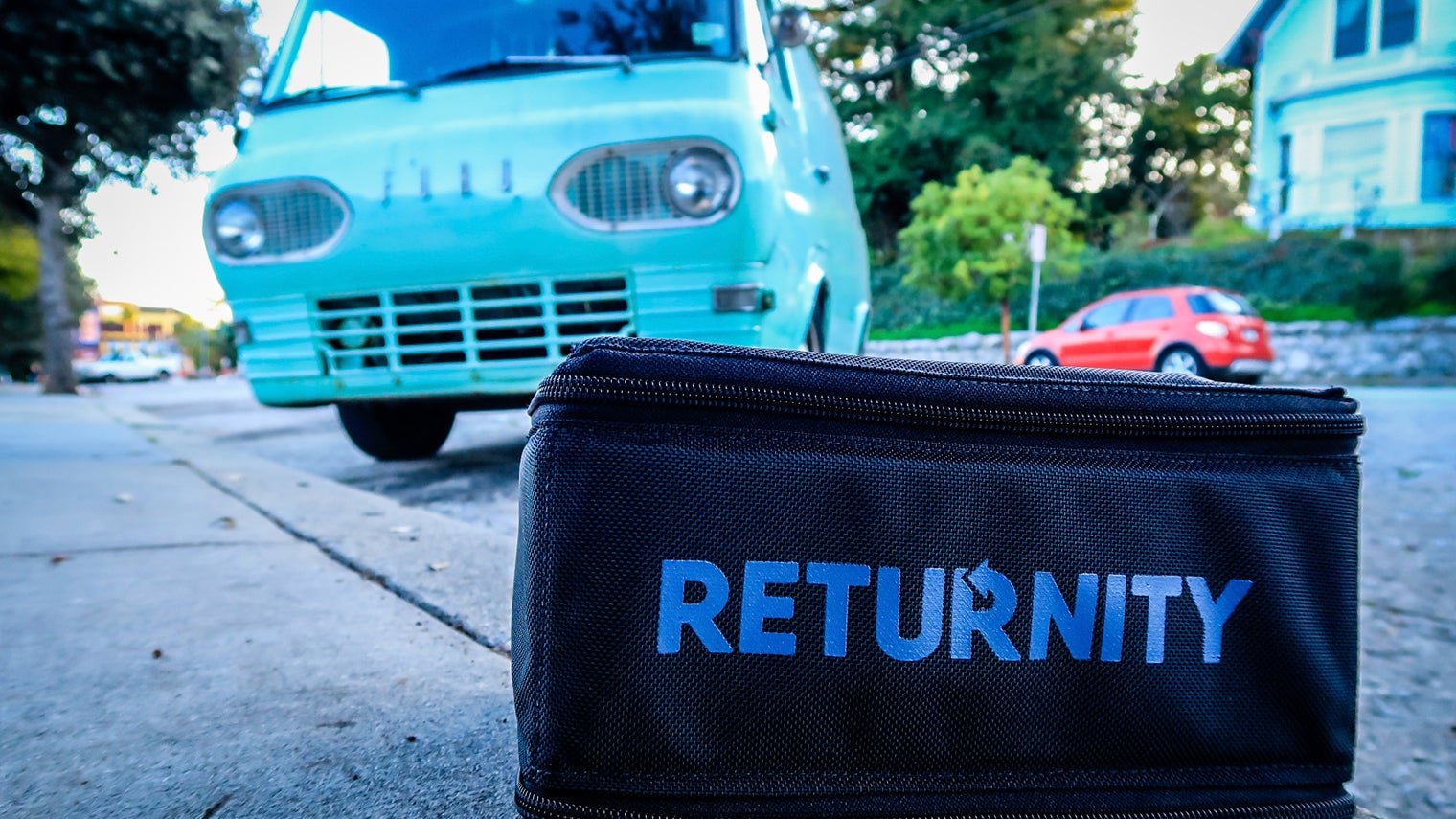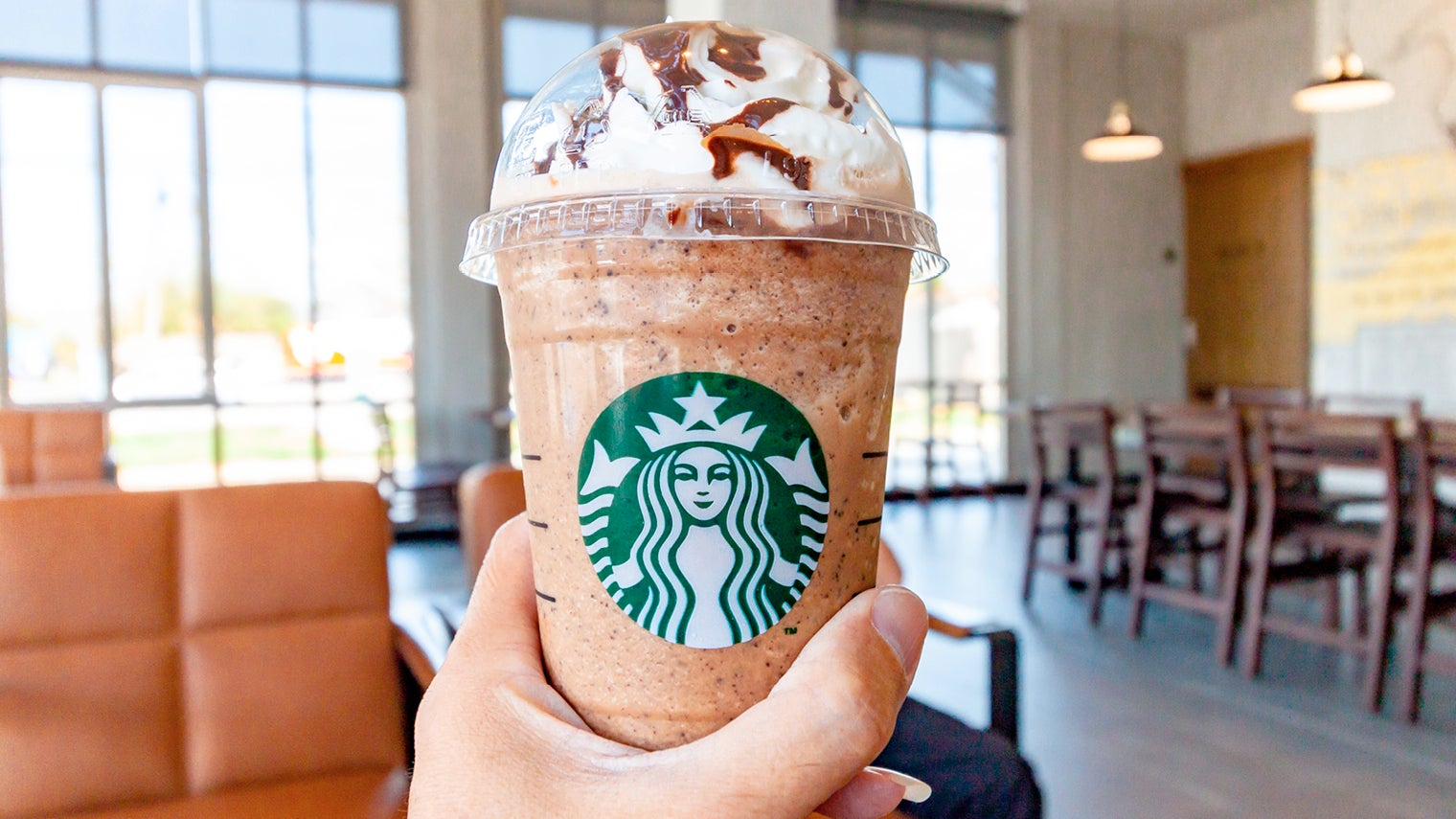1 Luxury CBD oil packaging
The cannabidiol or CBD oil trend is spreading like a tidal wave through lifestyle and beauty markets. The cannabis by-product, which is legal in the UK if derived from EU-approved industrial hemp strains containing no more than 2 per cent THC, the psychotropic component that gets people high, has attracted 300,000 users. The CBD oil global market is expected to exceed $2.1 billion by the end of the decade. Still, brands have had to work hard to counter misnomers around the cannabis by-product and wrestle with whether to include the cannabis leaf on packaging or not. Luxury beauty brand Cannabliss features a marijuana leaf, albeit moonlighting as an elegant fan, while Vertley has camouflaged the iconic weed among other botanicals. US skincare brand Kiehl’s, on the other hand, has taken an understated approach, giving its classic American apothecary packaging a vibrant chlorophyllic makeover for its Sativa oil.
2 Plastic-free household deliveries
Launching in London, Paris, New York and Toronto this year, Loop is a plastic-free refill service for everyday household products from companies such as Häagen Dazs, Crest, Ariel, Pantene and Dove. Taking inspiration from traditional milk bottle deliveries, Loop delivers essentials such as washing detergent, toothpaste and food stuffs in reusable custom-made stainless containers carrying their company’s branding. When a customer’s supply runs low they can simply arrange delivery of a refreshed container and collection of the empties, which are then cleaned and reused for the next delivery. The service addresses disposable culture at its source by dispensing with single-use plastic packaging entirely, some 90 per cent of which has either been incinerated, sent to landfill or discarded in the natural environment.
3 Compostable water bottles
The genesis of the bottled water brand Choose could be read as evidence of consumers’ desire for non-plastic packaging. Successfully crowdfunded in May 2018, Choose Water is the only fully compostable bottled water brand that is entirely sourced, produced and sold in the UK. The bottles, which are 100 per cent plastic free, take just a couple of months to degrade, compared with plastic that can take up to 450 years. Filled with Scottish water from the Cairngorms mountain range and made from sustainably sourced non-toxic natural materials, the bottles require no fossil fuels to produce. Even their outer materials, from the paper casing, which is made of 100 per cent recycled materials and natural dyes, to the alloy cap that rusts down into metal oxides, are entirely biodegradable and designed to have minimal environmental impact. According to a study by EcoFocus Trends, plant-based food and drink packaging is a concern for more than three quarters of consumers and over three fifths want to learn more.
4 Low-impact packaging
Returnity helps companies minimise waste packaging from ecommerce through the use of reusable and returnable delivery envelopes. Made from a durable, washable fabric, Returnity bags replace the excess layers of cardboard packaging that now accompany most deliveries. Some 30 per cent of products are returned, which can lead to double the amount of packaging waste from one purchase. Overall, the online retail sector uses $20-billion worth of corrugated materials a year and packaging is set to increase at an annual rate of 14.3 per cent through 2022, dwarfing a 2.9 per cent growth rate for the packaging industry as a whole. To date, companies have transferred responsibility to consumers to dispose of packaging, but Returnity helps brands close the loop. Its bags can be used for multiple deliveries. With an impressive roster of backers, including Starbucks and Walmart, Returnity is set to sign more partnerships in America this year.
5 Waste tailored to local recycling
Global coffee chain Starbucks is tailoring its procurement of takeaway cups to ensure they can be recycled by local facilities. A trial beginning this year in New York, San Francisco, Seattle, Vancouver and London will test a variety of recyclable and compostable cups made from materials and using technologies drawn from winners of Starbucks’ NextGen Cup Challenge. An estimated 2.5 billion cups are discarded every year, of which only 99.75 per cent can be recycled, owing to the expense associated with recycling plastic lined paper cups and the lack of such facilities in most countries. With 30,000 outlets worldwide, small tweaks to Starbucks’ immense supply chain could have a significant impact. The company has already committed to double the recycled content, recyclability and reusability of its cups by 2022.
1 Luxury CBD oil packaging

2 Plastic-free household deliveries








